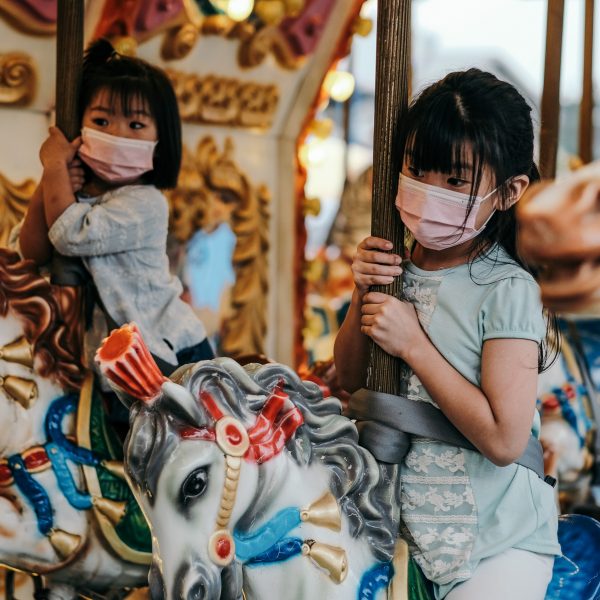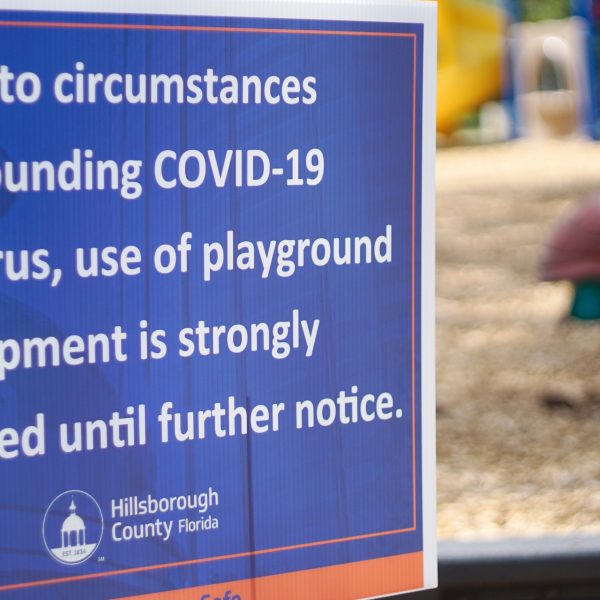Having active and involved parents can mitigate stressful environments, study finds

Parents who are involved in their children’s lives, such as by knowing their friends, where they are after school, and what their interests are can mitigate the effects of growing up in a stressful environment, a new study has found.
“This isn’t just the direct ‘know where your kids are’ type of parenting, and it’s not helicopter parenting that makes a difference,” co-author Katherine Ehrlich said.
“Communicating love and the desire to be part of your child’s life, I think, is probably part of the magic ingredient of vigilant parenting that benefits the child.”
The research, which comes from the University of Georgia, found that setting limits and parents keeping an eye on children reduces the risks of physical and mental health issues in adulthood.
The study analysed responses from more than 4,825 respondents to the US Bureau of Labor Statistics’ National Longitudinal Survey of Youth 97, which was a national survey that followed thousands of individuals from adolescence through their mid-30s.
“There is a lot of research to show that stressful experiences — for example, feeling unsafe, not getting the basic resources that you need in life or being exposed to neglect or abuse — those things literally change how your body functions,” said fellow author Kelsey Corallo.
The stress from those types of experiences can make it difficult for the body to regulate itself, the researchers said. If that sustained level of stress is experienced during childhood or infancy, it can cause lifelong issues with immune function or hormone regulation.
“Young people and children tend to be healthy, so the fact that we’re seeing a statistical association between physical limitations and childhood environmental risk is pretty incredible,” Ms Corallo continued. “It shows that these things really do matter, and they have an overt effect on health even in early adulthood when chronic illnesses often haven’t even set in yet.”
The study participants who grew up in less safe environments but had parents who were very involved with their lives didn’t experience the same health ailments as their peers without vigilant parents. Vigilant parenting was also associated with fewer mental health problems in adulthood.
It’s likely the children whose parents gave them curfews and monitored their friend groups were better shielded from harmful behaviors that could have lifelong effects, like smoking or binge drinking, the researchers added.
“In more dangerous settings, it may be more difficult for parents to be that involved, for example if they’re working multiple jobs,” Ms Corallo acknowledged. “But even if they’re not physically home, keeping track of and making sure their children know that their parents are aware of and care about what they’re up to makes a big difference.”
Crucial to this aspect is ensuring that children know their parents are monitoring them and setting limits because they care about them, not because they want to control every aspect of their lives.
“It’s all about how kids are experiencing that vigilant parenting and how they’re interpreting it,” Ms Ehrlich added. “They don’t feel like it’s helicopter parenting. They just feel like their mum or dad really cares about them.”
Popular

Workforce
Quality
Research
When did it start to go wrong?
2025-12-18 08:00:46
by Fiona Alston

Quality
Workforce
Practice
Research
Let’s not lose the word 'Children'
2025-12-18 07:45:13
by Fiona Alston

Practice
Quality
Marketplace
Research
Introducing the Orbit Mobile STEM Shuttle: Taking imagination and innovation on the road
2025-12-19 08:00:28
by Contributed Content














